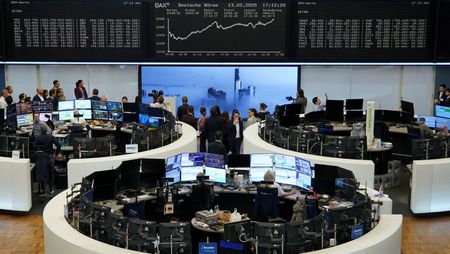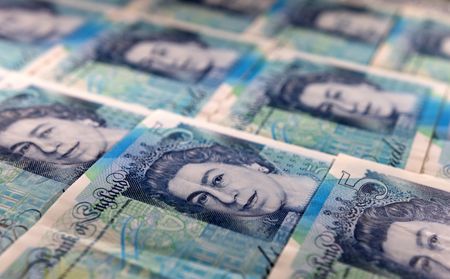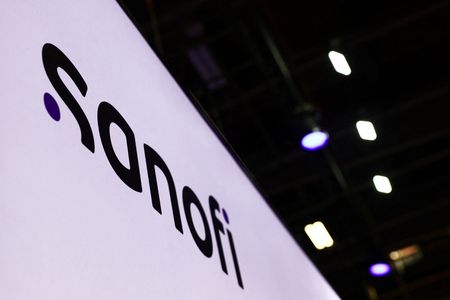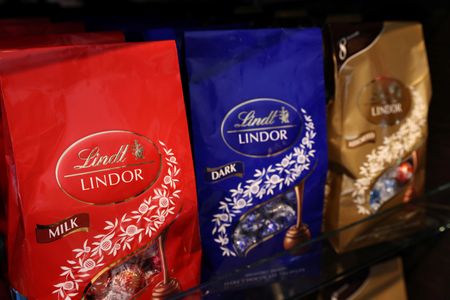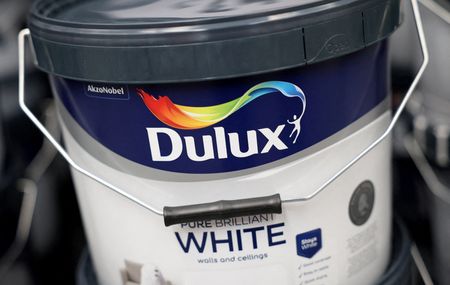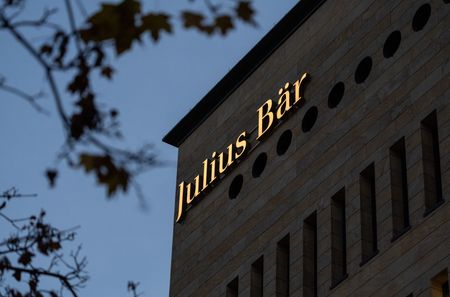(This Feb. 17 story has been corrected to remove a reference to the Netherlands in paragraph 11)
By Danilo Masoni
MILAN (Reuters) – European defence stocks surged on Monday as governments faced pressure to hike military spending in the region, following calls from Washington for higher expenditure ahead of talks between the U.S. and Russia on a possible Ukraine peace deal.
British Prime Minister Keir Starmer said on Monday it was crucial for all of Europe to spend more on defence, while Brussels could make it easier for countries to increase their defence budgets, even those that are heavily indebted.
German arms maker Rheinmetall gained as much as 11% to a record high, while Sweden’s Saab AB and Britain’s BAE Systems advanced 11% and 6% respectively.
Italy’s Leonardo and France’s Thales both rose more than 5%, while Thyssenkrupp, which is looking to spin off its warship division TKMS, rose nearly 20% to its highest in more than a year.
French President Emmanuel Macron will host European leaders including Starmer on Monday for an emergency summit on the Ukraine war.
“It is clear to us that the ability of European countries to influence peace talks will be directly proportional to the additional military support that they will be able to provide to Ukraine,” Mediobanca Securities said in a note.
On Friday, the EU’s Ursula von der Leyen proposed to exempt defence from EU limits on government spending by activating a so-called escape clause. This would enable member states to boost spending without risks of triggering an excessive deficit procedure.
“Europe needs to increase its defence spending, and we’ll be keeping a close eye on how this affects national budgets,” said Alberto Conca, chief investment officer at Swiss asset manager LFG+ZEST.
“Defence stocks are a theme that’s likely to continue to gain momentum. They’ve already performed well, but I believe they still have room to run,” he added.
U.S. President Donald Trump has been vocal in demanding to lift the NATO spending target to 5% of GDP in defence from the 2% threshold agreed in 2006.
EU member states’ total defence expenditure is expected to have risen more than 30% to 326 billion euros ($342 billion) in 2024, with average spending in line with the 2% NATO commitment, Banca Akros said. However, some states, such as Italy, still fall short of this target.
Gains in defence stocks drove a broader gauge of aerospace and defence companies up more than 3% to a record high. This index has more than doubled since Russia invaded Ukraine three years ago. The index was up for a seventh straight day.
The broader STOXX 600 index edged up 0.2% on the day. Meanwhile on European bond markets, the prospect of debt issuance to fund more military spending drove yields higher.
($1 = 0.9543 euros)
(Reporting by Danilo Masoni; Additional reporting by Christoph Steitz; Editing by Amanda Cooper and David Holmes)

